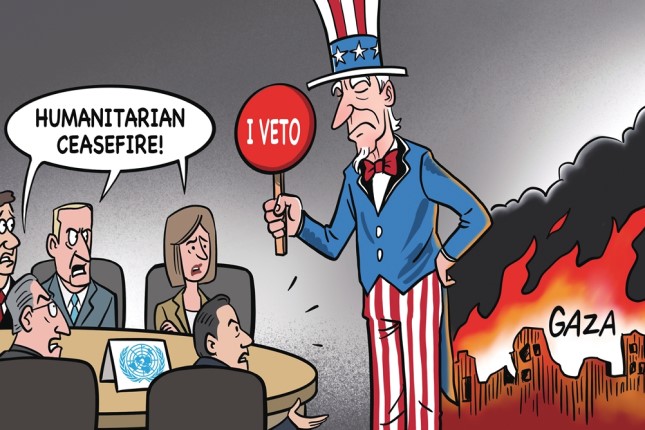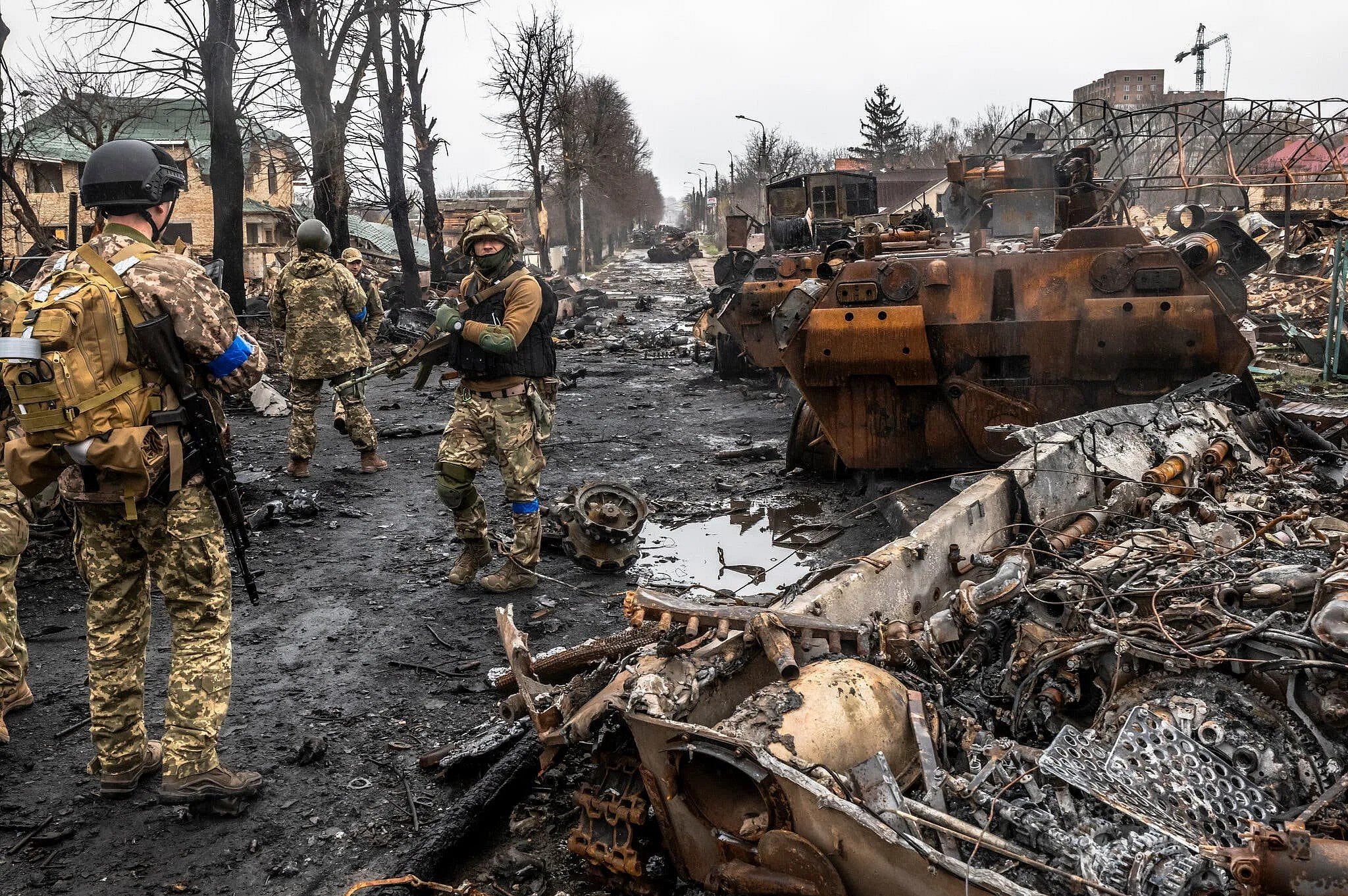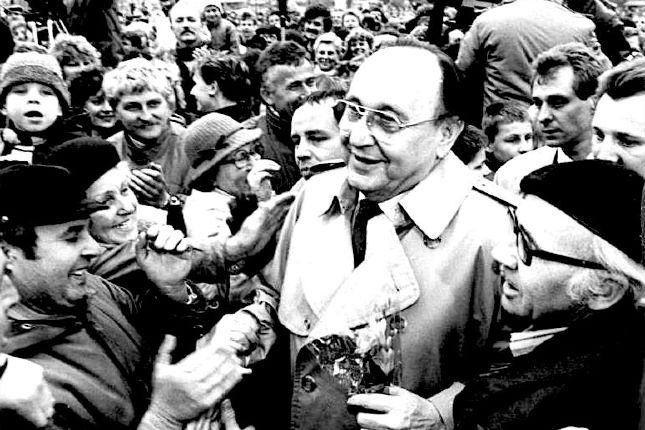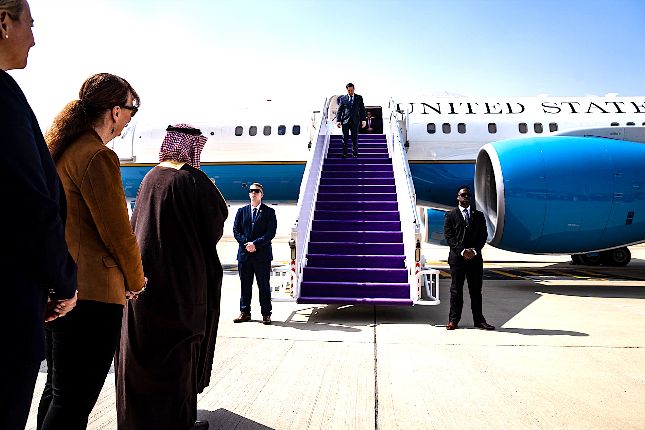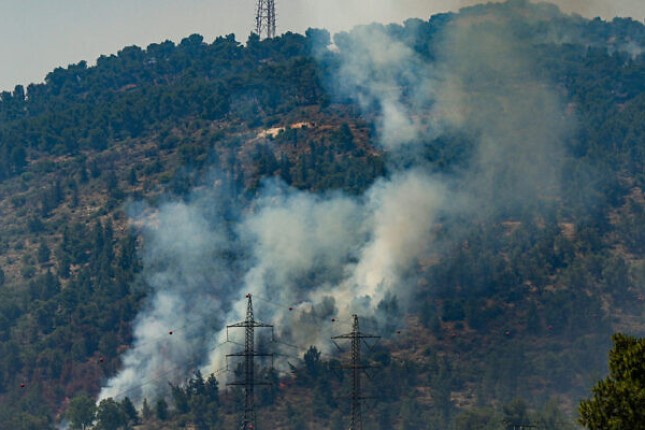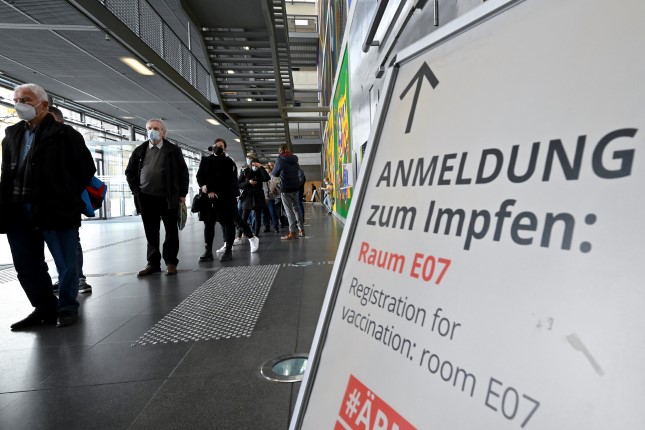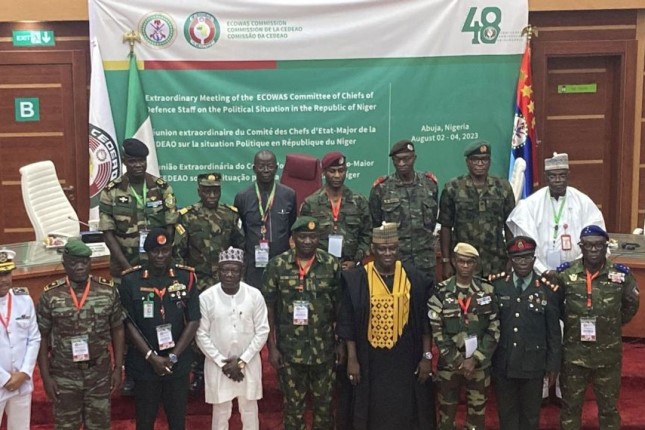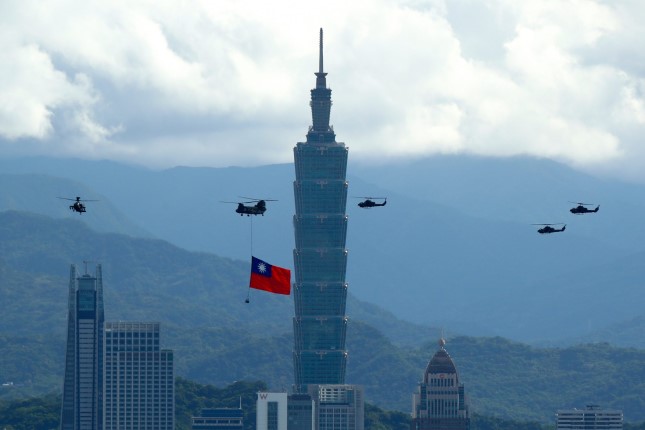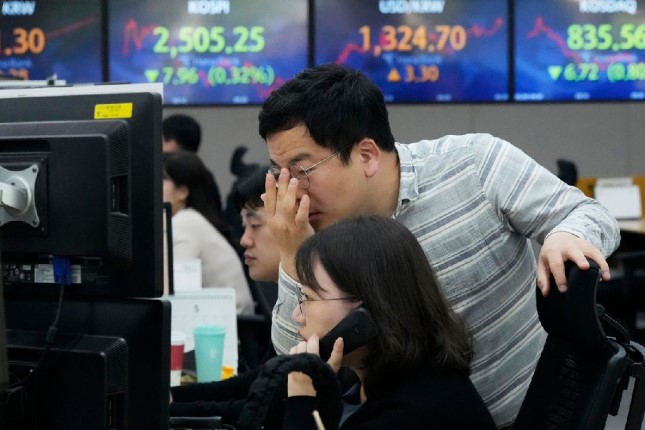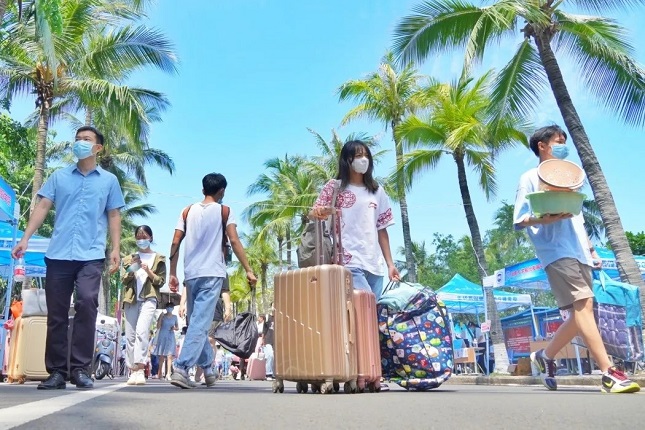Chinese analysts said that despite mounting pressure from the vast majority of the international community to stop the bloodshed, the international community is failing in its efforts because the US, a permanent member of UN Security Council with veto power and the protector of Israel in this region, has gone to great lengths to pave the way for a ground attack in the name of "counterterrorism" and "self-defense" of Israel and with the fast rising death toll, the conflict is likely to spill over to the whole Middle East.
On Friday, by a recorded vote of 121 in favor to 14 against, with 44 abstentions, the UN General Assembly adopted a resolution titled "Protection of civilians and upholding legal and humanitarian obligations," with countries including China, Russia, France, as well as Arab and Muslim countries, voting in favor, and even close US allies like the UK and Japan abstaining, while the US, Israel and a few other countries voted against.
The US has asked for China's help to prevent escalation of the crisis during US Senate majority leader Chuck Schumer's trip to China earlier this month, and during the latest meeting with Chinese Foreign Minister Wang Yi in the US, Secretary of State Antony Blinken expressed the view that there is a need to return to and implement the two-state solution, which is in line with China's stance about political solution of the Palestine-Israel issue.
However, according to the votes in the UN General Assembly and the Security Council, it shows that Washington holds a very different position compared not only to China but also to the vast majority of the international community in terms of a humanitarian truce, so to what extent China and the US can work together in stopping the crisis is still in question, as experts said this can happen only when Washington realizes that it should not stand on the wrong side of the history.
Long and difficult war
Israeli Prime Minister Benjamin Netanyahu told the nation on Saturday night that the military has opened a "second stage" in the "war against Hamas" by sending ground forces into Gaza and expanding attacks from the ground, air and sea, and he warned that the war will be "long and difficult," per Associated Press report.
The AP reported on Sunday that Gaza residents described the massive bombardment from the land, air and sea as "the most intense" of the three-week Israel-Hamas war. It knocked out most communications in the territory late on Friday and largely cut off the besieged enclave's 2.3 million people from the world.
According to Palestine's state TV on Sunday, the death toll from the relentless Israeli bombing of Gaza and clashes in the West Bank since October 7 has risen to 7,814, the Anadolu Agency reported. It said in a statement that 21,693 others were wounded as a result of Israel's actions "against our people."
Liu Zhongmin, a professor at the Middle East Studies Institute of Shanghai International Studies University, told the Global Times on Sunday that once Israeli forces launch a ground attack that aims at a long-term occupation of some areas of Gaza and seeking the complete elimination of Hamas, "the death toll will rise much more sharply than at present."
Street combat will be extremely brutal, the bombardments will be more intense, and due to the blockade, more civilians and the wounded will die because of the shortage of medicines, food and water. Israeli forces will also sustain heavy casualties because by using their network of tunnels, Hamas is capable of inflicting significant casualties on Israeli forces, Liu said.
With the rising death toll, the pressure on Israel and the US will rise as well, and if Israel's military offensive results in more casualties of Palestinian civilians, regional major powers like Iran and Saudi Arabia, as well as those who have already established diplomatic ties with Israel like Turkey and Egypt, will take further actions, said Wang Jin, an associate professor at the Institute of Middle Eastern Studies of Northwest University.
"Even though some of them might be reluctant to get involved, the fury among their nationals will force them to take actions, as helping Palestinians resist Israel is the shared and top political correctness among the Muslim world," Wang Jin noted.
Furies from Muslim world
Iranian President Ebrahim Raisi said in a statement on X (formerly known as Twitter) on Sunday that the "Zionist regime's crimes have crossed the red lines, which may force everyone to take action. Washington asks us to not do anything, but they keep giving widespread support to Israel. The US sent messages to the Axis of Resistance but received a clear response on the battlefield."
Turkish President Recep Tayyip Erdogan said at a huge rally in Istanbul on Saturday that "Israel, you are an occupier" and he accused the Israeli government of behaving like a "war criminal" and trying to "eradicate" Palestinians, according to media reports. "Of course, every country has the right to defend itself. But where is the justice in this case? There is no justice - just a vicious massacre happening in Gaza." After this, Israel said Saturday it was recalling its diplomatic staff from Turkey, media reported.
Saudi Arabia's foreign ministry denounced Israeli ground operations in Gaza in a statement released on Sunday on X, which it said would threaten the lives of Palestinian civilians and result in inhumane dangers.
The kingdom, which was heading toward normalizing relations with Israel before this round of conflict, warns of the danger of continuing to carry out these flagrant and unjustified violations that are contrary to international law.
On Thursday, the United Arab Emirates, Jordan, Bahrain, Saudi Arabia, Oman, Qatar, Kuwait, Egypt and Morocco, in a joint statement, condemned the targeting of civilians and the "flagrant violations of international law" in Gaza.
Iran, which considers Israel as an enemy, is likely to take more direct action to support forces like Hezbollah in Lebanon and the Houthi movement in Yemen, and Saudi Arabia, Turkey and Egypt are likely to allow and encourage NGOs and other groups to break through the Israel's blockade of Gaza to provide humanitarian supplies to the Palestinians in the region, experts said.
Israel is facing a tough situation, as the war will not end in the short term as long as it insists on eliminating Hamas, and the casualties will increase terribly on both sides. However, if it stops the operation and accepts a truce, it will face huge pressures domestically, and the US will also share these problems, pressures and embarrassments with Israel before the end of the bloodshed, Chinese analysts noted.
Photo: A ruthless stand © Liu Rui / GT.
Source: The Global Times.
